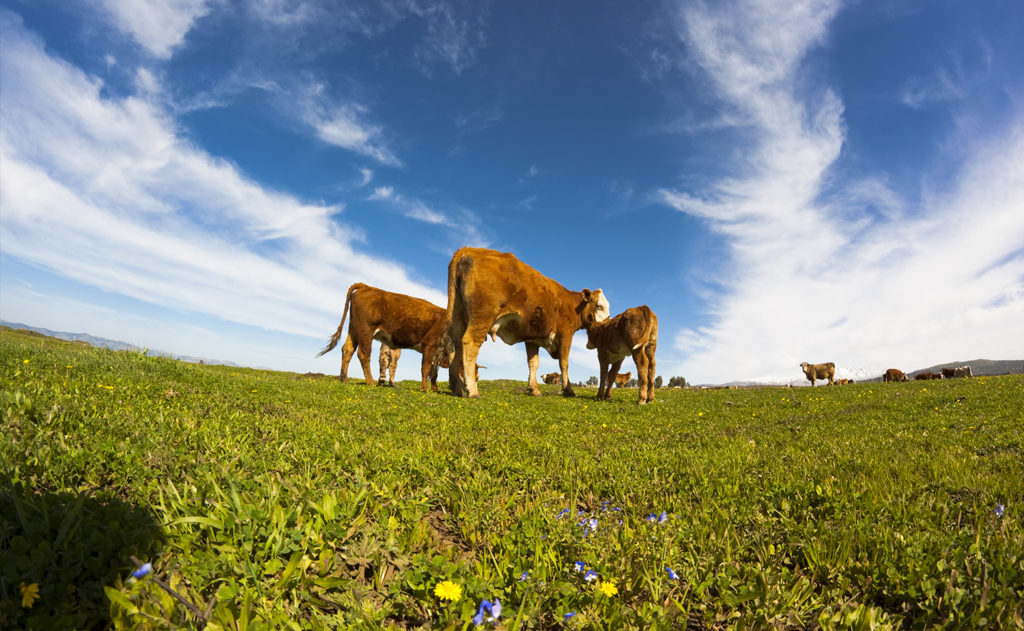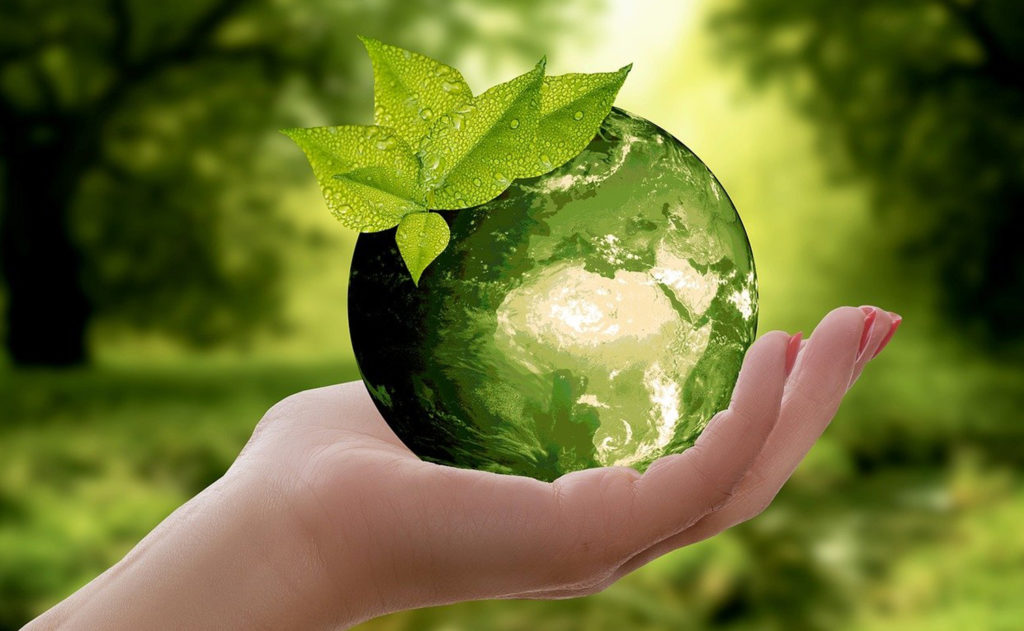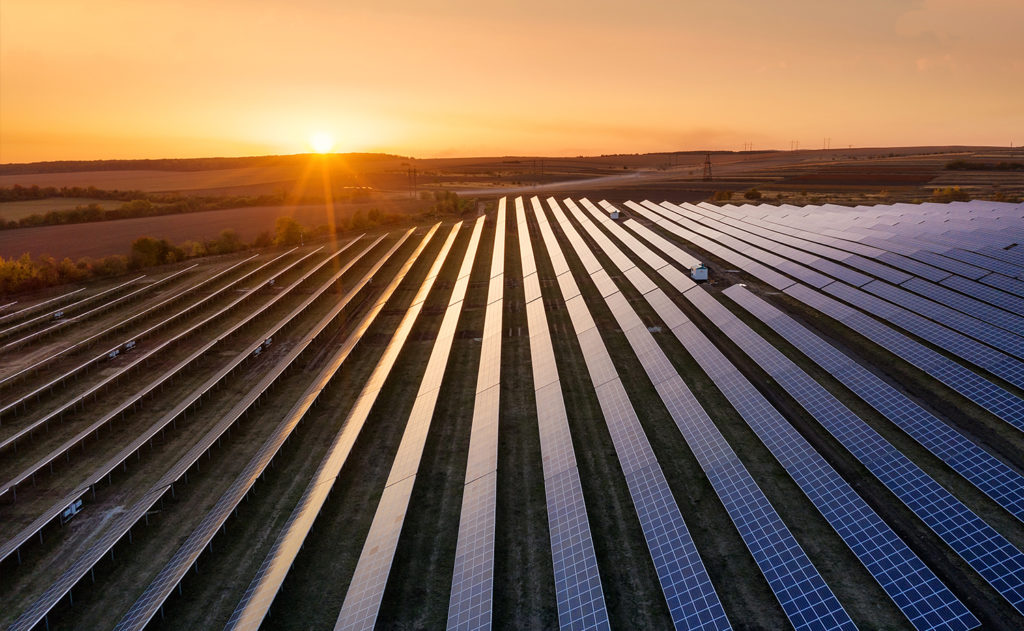
Sustainability Goal
Milk production and the transformation of milk into mozzarella costs energy. The use of fossil energy creates CO2 (carbon dioxide) emissions. CO2 is the cause of the greenhouse effect, resulting in global warming. This development has many downsides. For this reason, we are always working to try to reduce our energy and water consumption as much as possible. In recent years, we have already achieved many goals and from 1995 to 2010, our energy consumption fell by 17%. This was made possible through changes in the production process (such as the adoption of more energy-efficient machinery) and through improved heat exchange efficiency, introducing so-called heat recovery. Today, one of the most important points in the evaluation of new machinery is precisely its energy consumption and our attention is always focused on continuous updating of our production lines, aiming at an increasingly high level of energy efficiency.

Low-emission transformation
In the dairy sector, about 64% of CO2 emissions are produced by dairy farming.
In this part of the supply chain we find an important factor that produces gases that favour the greenhouse effect: the methane produced in the belly of the cow. A further 16% is emitted in feed production processes.
The remaining 20% is produced by the rest of the supply chain (producers of dairy products, cheeses, fermented milks).

Eco-Boriati 2025 Target
Given this data, we have always set ourselves the goal of increasingly promoting eco-sustainable solutions together with its milk suppliers.
By 2025, in line with the rest of Europe, Boriati has set itself the goal of using 25% of its energy consumption from renewable sources.
